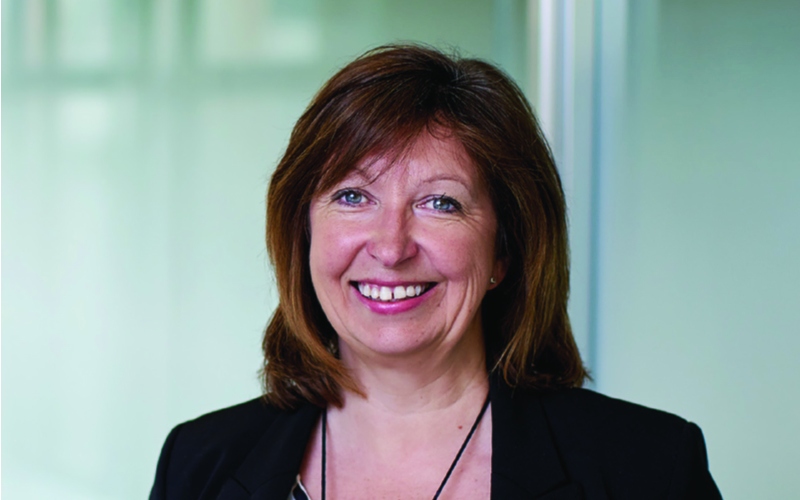Ask the expert

What characteristics and skills should companies be looking for in their boards now?
Our research shows that Brexit and Covid-19 are significant factors shaping the boards of companies in the UK’s FTSE 350. Appointments have reflected a renewed focus on efficiencies, cost cutting and intelligent restructuring. A significant increase has recorded in seats filled by executives with financial risk expertise, which rose from 4% in 2018 to 39% in 2019.
This trend toward highly experienced board members – and particularly chairs – is unsurprising, given the rigorous demands of the current climate. In conversation with chairs of FTSE 100 firms, five major threads emerged:
Balancing the view of today with tomorrow – and beyond
The tension between long-term strategy and short-term returns has been amplified by the consistent increase in pressure from governments, consumers, employees and other stakeholders to factor digital, purpose, diversity & inclusion, and sustainability into decision-making. Boards are forced to think more creatively, and the concept of three to five-year plans is going out the window. Boards are looking for a more dynamic and agile way of thinking.
Securing tried and tested skill sets and assembling a diverse team
The best boards determine their composition in terms of the mix of skills and experiences required to meet their long-term strategic needs. Finding such people will likely mean looking at less common candidate pools, such as consulting, public sector, academia, legal and trading bodies – but with the caveat that they need to understand how to run a business – and have done it before. There is a need to think more creatively and be open to new board members joining from a greater variety of backgrounds and experience. Building and recognising cognitive diversity is another gap that boards need to address.
Maintaining harmony while enabling challenge and debate
Chairs must facilitate lively and equal discussion within their boards, allowing for debate and dissent to ensure all potential merits and drawbacks of an idea are heard. Ultimately, an inclusive and effective board is built around a shared purpose, which requires breaking down barriers and establishing principles of engagement based on trust and transparency. Chairs should make sure new board members, particularly first-time directors, are empowered to contribute early on, and ensure directors from diverse backgrounds have a voice.
Finding the right successor in the new regulatory framework
Today’s UK regulations require chairs to step down from their roles once they have served on a particular board for nine years, including time served as a board member. Chairs need to start mapping the potential successors as soon as they take over the role and anticipate what the role will entail a few years down the line.
Know the detail but don’t get too close
The relationship between the CEO and the chair is somewhat malleable at the moment, with chairs taking on a more external role than previously and often engaging more with the day-to-day issues the company faces. While the chair’s role as a trusted adviser to the CEO is one of immense value, it is essential that the chair is not seen to interfere in matters that come under the CEO’s role.
A risk-averse approach to board appointments is sensible in light of Brexit and the ongoing pandemic, but not at the expense of medium to long-term strategy or D&I. While the immediate focus may be on experience, a digital disruptor or innovator may be crucial to your board’s – and your company’s – long-term health.
Experience and risk-mitigation are valuable, but unprecedented times will undoubtedly result in unprecedented measures – and the impact will be seen in the composition of boards.
Sharon Sands is global head of leadership development, Heidrick & Struggles, and co-lead of the CEO & Board Practice (London)
